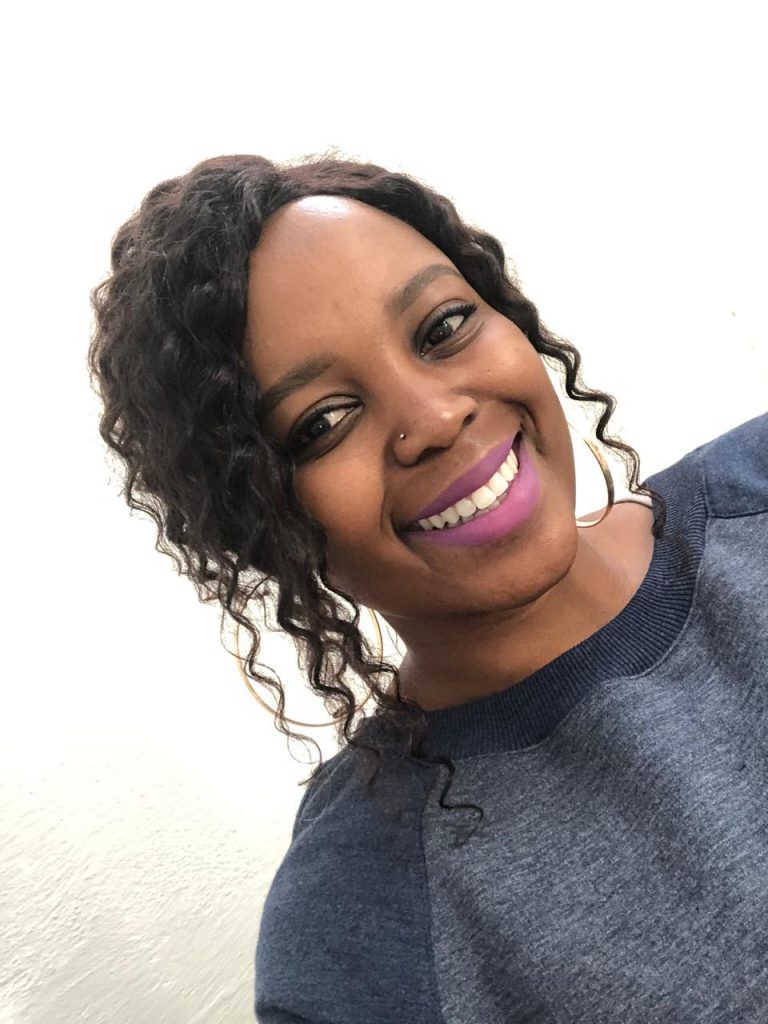In conversation with: Lehlogonolo Muthevhuli – Amnesty International Global Youth Collective Representative
Why is leadership important?
For me in simple terms, leadership is the act of leading people towards achieving a set goal. Education and leadership are interlinked as the one complements the other. Even though it’s said that “people are natural born leaders”, education assists in providing the skill set and knowledge needed for leadership to flourish. As a leader, one’s reasoning must be constructive and one must accept that there can be different ways of solving a problem. Leadership is also the act of sharing the skills and knowledge you have with others. However, being a leader isn’t always glamorous as one is often forced to make unpopular decisions to ensure that the set goal is met.
Do you think the old leadership in power puts people and their human rights first? If not, what needs to change?
Yes and no. The reason why I agree is because the old leadership has worked to ensure that, post-apartheid, South Africans are governed by a fair, democratic Constitution that protects the rights of all its citizens. But at the same time, the older leadership are the same people who do not implement these laws and regulations. For example we live in a country where gender-based violence (GBV) and femicide rates are extremely high, yet not enough is done to the accused perpetrators and little protection is given to victims. We often hear about how the police do not take cases reported seriously and how dockets “go missing”. There are punishable laws put in place which, on paper, are set to protect human rights but, in practice, the implementation of these laws is inadequate.
Where does the responsibility lie?
That being said, the responsibility of putting human rights first does not lie solely with the government. Citizens also have to take responsibility and be accountable for their actions.
During the lockdown, there have been many reported cases of schools that have been broken into and vandalized. The Constitution states that every child has the right to basic education but children are being stripped of this basic human right by others.
Human rights come with responsibility, and each and every one of us has a duty to help protect these rights, and to show leadership.
My final point is that political leaders are elected by us, the public. Therefore, we must elect leaders who will take responsibility as well as be accountable, and govern the country fairly. Should they fail to do so we, the public, have the power to remove them from their posts and elect someone else to do the job.
In conclusion, leadership and education can be drivers of change in South Africa as long as the skills are developed among the youth. With that in mind, future elections present an opportunity to put young people in office who will be responsible and who we can trust to bring a new and fresh perspective to governing our country, and putting human rights first.
Do you have something to say? You can contribute to the Human Writes blog by becoming one of our young Human Writers here.

Lehlogonolo started her activism at the University of Witwatersrand which she furthered by being selected to join Amnesty International South Africa’s Transitional Advisory Group where she was the youngest member. She recently completed her internship with Amnesty International South Africa which allowed her to work closely with the youth in South Africa. She furthers her activism by continuing her membership with the Global Youth Collective where she is working on strategies that will help shape the future direction of Amnesty International.
**This article was contributed by a guest blogger. This blog entry does not necessarily represent the position or opinion of Amnesty International South Africa.


